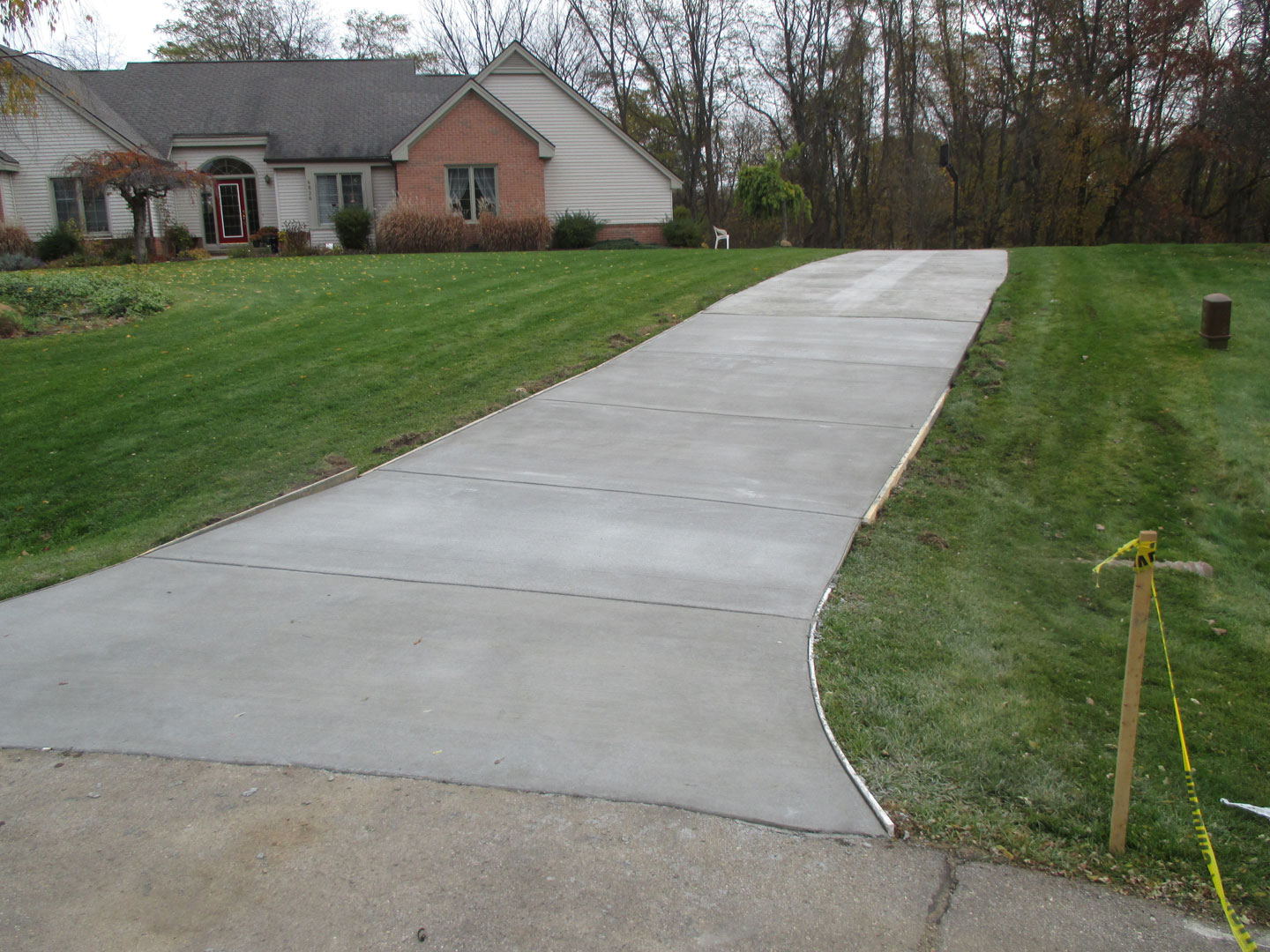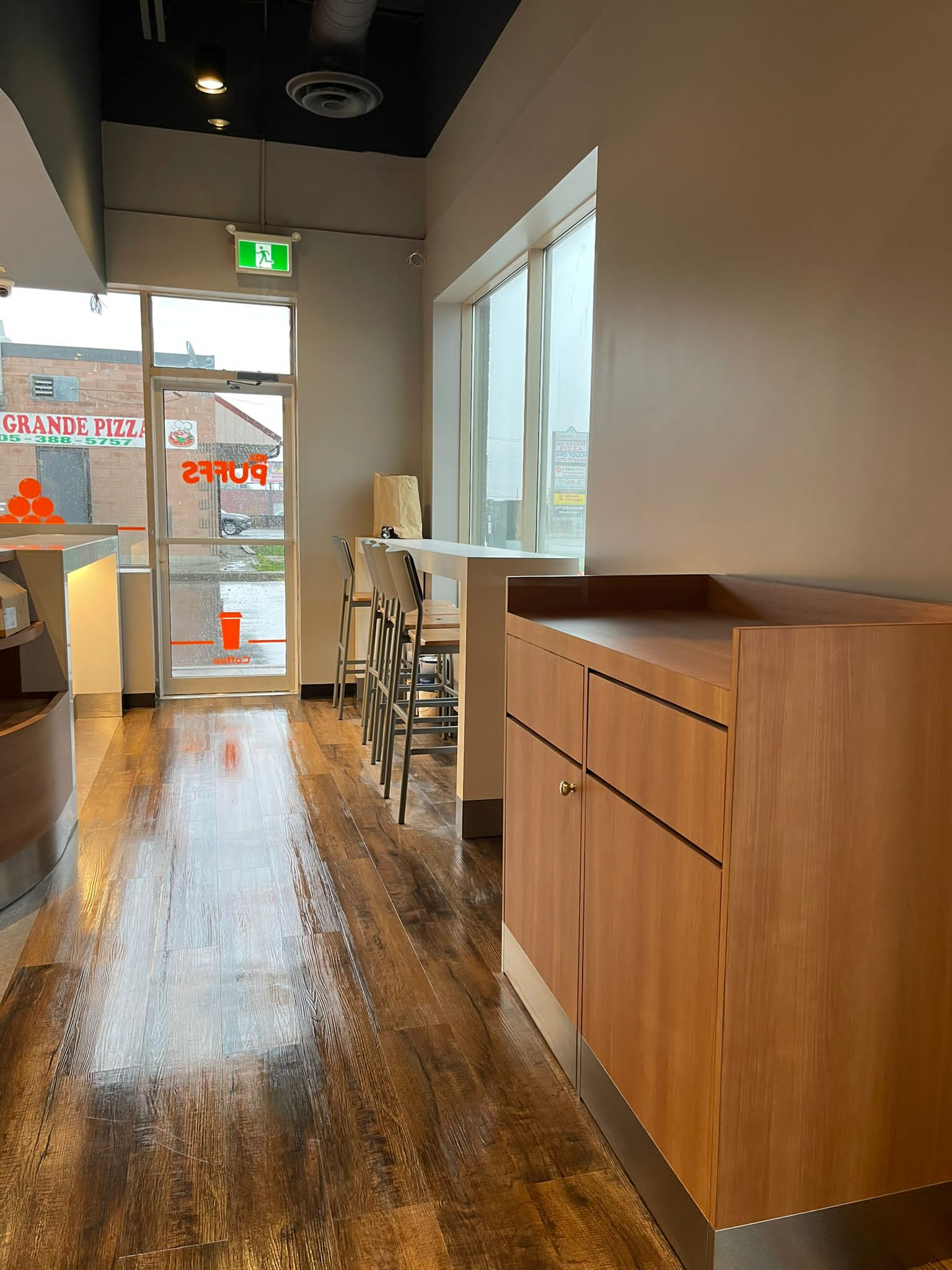The Rise of Modular Food Processing Machines
The demand for compact and versatile solutions has surged as the food industry evolves, especially among small and medium-sized enterprises (SMEs). Modular food processing machines are emerging as a transformative innovation, enabling businesses to optimize production without the hefty investments required for large-scale systems. These scalable and flexible machines are tailored to meet the diverse needs of SMEs, making food processing more accessible, efficient, and sustainable.
Why Modular Food Processing Machines Are in Demand?
Unlike traditional equipment, which often requires significant space and infrastructure, modular food processing machines are designed to be compact and easy to integrate. That is particularly advantageous for SMEs, which usually operate with limited budgets and physical space. With modular systems, businesses can scale their production up or down by adding or removing components as needed.
Moreover, the rise of niche food markets, such as plant-based products and artisanal goods, has created a need for equipment that can quickly adapt to changing trends. Modular machines allow for greater customization, enabling manufacturers to experiment with new recipes and techniques without overhauling their entire setup.
Key Benefits of Modular Systems
Scalability
One of the most significant advantages of modular systems is their scalability. Businesses can start with a basic setup and expand as their production needs grow. For instance, a small bakery might begin with a single processing module and add additional units for tasks like slicing, packaging, or freezing. This scalability reduces the upfront costs and mitigates the risks associated with over-investing in equipment.
Flexibility
Modular machines are inherently flexible, allowing manufacturers to switch processes with minimal downtime. For example, a modular system with interchangeable components can handle various tasks, from mixing and grinding to cooking and packaging. This flexibility is made possible by durable and versatile materials like stainless steel plates, which form the foundation of many modular systems.
Grades such as 304 and 316 stainless steel plates are widely used in these machines for their excellent corrosion resistance and easy maintenance. Another option gaining traction is the 2205 duplex stainless steel plate, which offers enhanced strength and durability, particularly in demanding processing environments.
Cost-Efficiency
For SMEs, cost-efficiency is critical. Modular machines allow businesses to optimize their budgets by purchasing only the necessary components instead of investing in a single, all-in-one machine. Additionally, modular systems are easier to repair and upgrade, reducing long-term maintenance costs. Stainless steel plates further enhance this cost-efficiency by ensuring durability and minimizing the need for frequent replacements.
The Role of Stainless Steel in Modular Machines
Stainless steel is the material of choice for constructing modular food processing machines due to its unparalleled combination of hygiene, durability, and recyclability. Grades like 304 stainless steel plates are ideal for general food processing applications, while 316 stainless steel plates are preferred for handling acidic or saline foods, thanks to their superior corrosion resistance.
The use of high-grade stainless steel extends the equipment’s lifespan and ensures compliance with food safety standards. Additionally, materials like the 2205 duplex stainless steel plate provide extra strength and resistance, making them suitable for heavy-duty applications. Duplex Steel & Alloys offers a wide variety of stainless steel plates tailored to modular food processing equipment needs. For more detailed specifications, you can explore their range and find the right material for your application.
How Modular Machines are Shaping the Industry?
The introduction of modular systems has democratized access to advanced food processing technology. SMEs can now compete with larger manufacturers by leveraging these machines to enhance efficiency and innovate their product lines. Moreover, the modular approach aligns with the industry’s growing emphasis on sustainability. The compact design minimizes energy consumption, while recyclable materials like stainless steel reduce environmental impact.
The Future of Modular Systems
The rise of modular food processing machines marks a new era of innovation and accessibility in the food industry. These systems’ scalability, flexibility, and cost-efficiency empower SMEs to thrive in a competitive market. Stainless steel plates, particularly grades like 304, 316, and duplex varieties, play a pivotal role in ensuring the durability and performance of these machines.
As more businesses recognize the benefits of modular technology, manufacturers will continue to refine these systems, incorporating advanced features and sustainable practices. Companies like Duplex Steel & Alloys provide a trusted source of premium stainless steel materials for SMEs investing in reliable, high-quality equipment. To learn more about their offerings, visit Duplex Steel & Alloys and discover how their products can support your journey toward efficient and sustainable food processing.














Post Comment